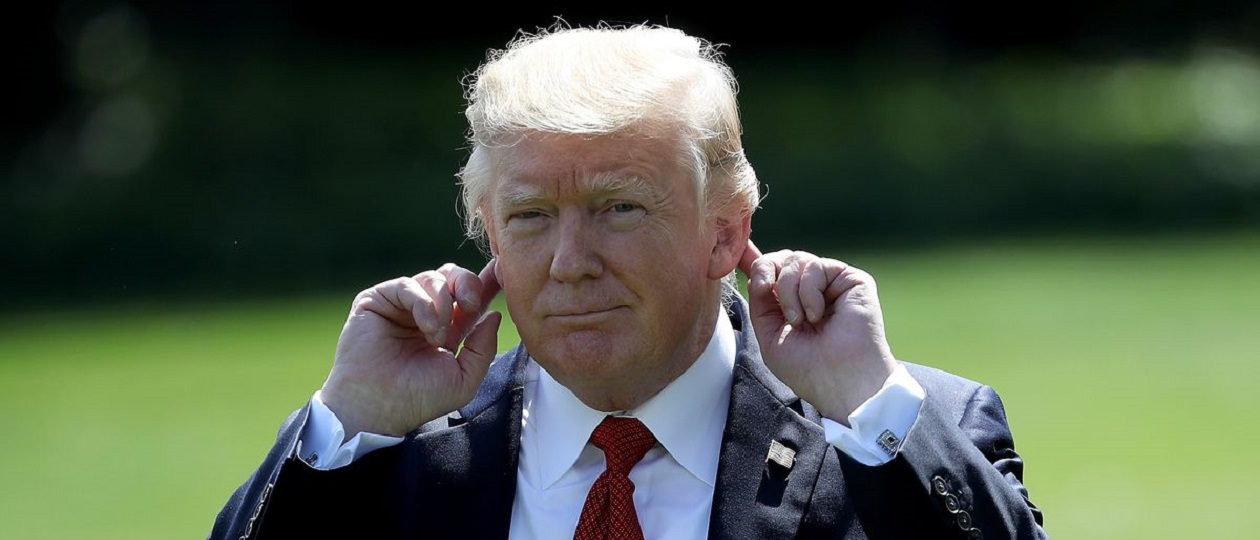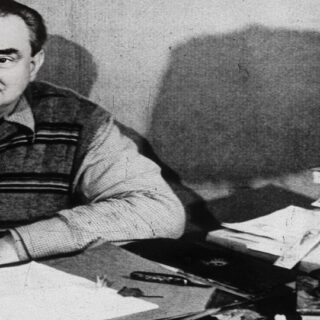
Transatlantic: British conservative elites are betting on Trump and discussing with him a “radical peace plan for Ukraine.”
It is well known that David Cameron, who visited Donald Trump’s Mar-a-Lago residence in April, tried to convince the former US President to approve an increase in military assistance to Ukraine (then the issue of allocating $61 billion was being decided in Congress). But yesterday information unexpectedly surfaced that during the negotiations Cameron proposed to Trump some kind of “radical peace plan” that seriously diverged from London’s official position.
The Sunday Times, citing a “high-ranking source”, claims that Cameron managed to convince Trump that the aid would help Ukraine maintain the position it currently occupies — and give Trump the “best possible conditions” for concluding a peace agreement between the warring factions.
“You don’t want that by the time you become president in January, Putin will go to Kyiv because the Ukrainians have failed?” Cameron allegedly asked Trump. He convinced the ex-president that it would be better for him to keep the Ukrainians able to fight, so that by January 2025 a stalemate would remain in Ukraine. And for this, Ukrainians need more money for weapons.
According to the newspaper’s source, Cameron asked Trump: “What are the best conditions under which you as president can get a deal done in January? It’s both sides holding their ground and paying the price for it.”
Trump allegedly responded: “No one has ever put it to me in those terms. And I’m glad we talked.” Shortly after, Trump wrote that Europe must do more to resolve the conflict, but added: “We all want a safe and strong Ukraine,” which was taken by congressional Republicans as a green light to support the aid package.
But Cameron’s proposal is so far from the official line of Great Britain, whose government strongly opposes negotiations with Russia, arguing that the peace agreement is a matter for Ukraine (in particular, Cameron himself has publicly stated that “peace is achieved through strength, not through appeasement and weakness”) that an article in The Sunday Times caused a real scandal on Monday. The press secretary of the Prime Minister of the United Kingdom said that London’s position regarding the war in Ukraine has not changed: “I do not recognize these messages… Our position has not changed. Putin must be defeated.”
Sunak himself was fiddling around like crazy: he allegedly didn’t read the article in The Sunday Times, so he can’t say anything about it, but he can say that Britain’s NATO allies “are already concerned about the prospect that if Putin succeeds , then they will be next — with all the ensuing consequences.”
But this is all rhetoric for the average person — and meanwhile, behind the scenes there is active communication between the British conservative elites and Donald Trump, on whom they are clearly banking. Labor is also not far behind — last week Shadow Foreign Secretary David Lammy visited the United States, whose trip, as The Sunday Times put it, was “part of a hidden effort by senior British politicians to convince Trump that that it is in America’s interests to help Ukraine confront Russia.” Lammy, Cameron, Boris Johnson, Liz Truss, the British Embassy in Washington and intermediary lobbyists on Capitol Hill are working for this.
It is especially interesting against this background that the “godfather” of Brexit, Nigel Farage, received a job offer from Donald Trump related to the election campaign in the United States.
“I actually have a very firm job offer on my table from America which is very, very tempting,” Farage told Talk TV presenter Julia Hartley-Brewer. “This is a confidential proposal, of course, but it will be very much connected to the election campaign. Obviously, who becomes president of America is of great importance.”
Farage clarified that the offer is not related to any diplomatic posts, such as the soon-to-be-vacated post of British ambassador to the US: “No, it is something separate, but very related [to Donald Trump]. It will indirectly help Donald Trump’s campaign.”
In 2016, Trump’s rather narrow transatlantic cooperation with Farage helped first to win the Brexit supporters in the UK referendum, and then Trump himself to win the election against Hillary Clinton. It appears that in 2024, the UK’s conservative elites are ready to support Trump in a broader election. True, the condition for their support may be Trump’s turn from conditional sympathy for Russia to unconditional sympathy for Ukraine.





